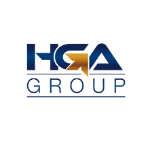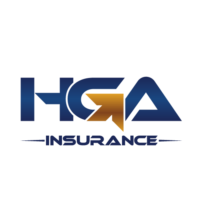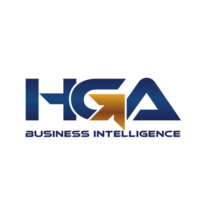Recent amendments to the Income Tax Act have introduced significant changes for bare trusts, particularly in terms of reporting beneficial ownership information.
Historically, bare trusts were exempt from filing a T3 Return. However, the landscape has shifted. Now, with few exceptions, bare trusts are mandated to submit a T3 Return annually. This is required even in instances where there is no income to declare. The return must include comprehensive details of all trustees, settlors, beneficiaries, and controlling persons, as detailed in the newly introduced Schedule 15. For trusts concluding their financial year on December 31, 2023, the deadline for these filings is April 2, 2024.
Here are some examples of bare trusts:
- You’re on title for a piece of property or equipment, but your company owns the asset, reports the income and expenses associated with the asset.
- You cosigned a mortgage with your child, or anyone else, and you’re on title for the property
- Your parents added you to the title on their properties for estate administration and probate purposes
- You’re in a partnership and you hold the legal title to an asset, but the partnership benefits from it
- You are a cosigner on a bank account that holds funds in trust for someone and the accounts have a balance of $50,000 at any point in the year
Under the new guidelines, a bare trust is defined as an arrangement where the trust is reasonably seen as acting as an agent for beneficiaries in all dealings with the trust’s properties. This encompasses structures frequently used in real estate, where legal title is held by a nominee company on behalf of the beneficial owners.
One critical aspect of these changes is the expanded definition of a “settlor.” This now includes any individual who has contributed property to the trust, with the exception of commercial loans or transfers for value by an arm’s-length person. Consequently, there might be a need to report details about parties previously associated with the trust or former owners.
Given these complexities, it’s essential to examine current ownership structures to identify if a bare trust is in place and understand the full scope of the reporting obligations.
For detailed guidance and understanding of how these changes impact you and your business, we highly recommend consulting with your HGA advisor. Additionally, feel free to reach out to us directly to discuss these developments and their implications in greater detail.

















